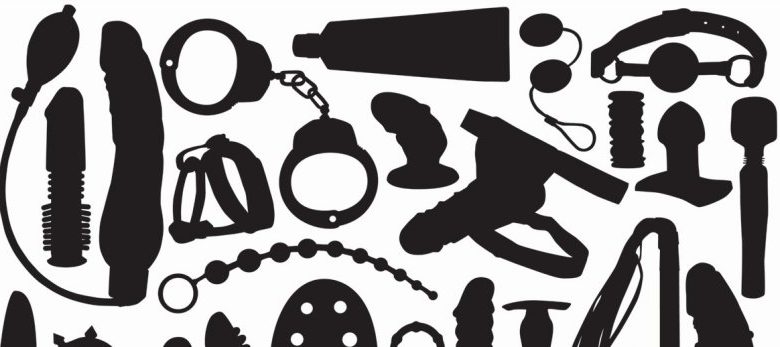
Disability and sex: being open about your sexual needs
In our series on disability and sex, expert and resident agony aunt Tuppy – who runs Outsiders, a private club for disabled people looking for a relationship – answers your questions. This week, how to talk openly about your sexual needs if you have a disability…
Dear Aunty Tuppy,
I am a 26-year-old gay man from Manchester with cerebral palsy, which means I have no control over my limbs and speech. It also means I cannot masturbate.
My carers acknowledge my sexuality and need for support, but find it extremely difficult to talk about it – they seem very inhibited, whereas I was brought up in a house where sex was included in conversations in a happy, jovial way.
I am wondering how they can get over their inhibitions as they want to do their best for me. They don’t feel able to support me to masturbate, for example, by placing a sex toy on my erection. Nor do they feel comfortable supporting me in hiring sex workers or even finding a partner. All of this is quite important for me – I’m young and want my freedom.
I am a fan of journalist Josh Hepple as, from what I have read, he has similar impairments to me and seems successful at having sex with men. Perhaps I could learn from him?
I hope you can advise me on how to change my current situation.
Ben
———- ———- ———- ———- ———- ———- ———- ———- ———- ———- ———- ———- —-
Dear Ben,
You’re certainly speaking to the right person – I have created a website, the Sexual Respect Tool Kit, specially designed for GPs and other health and social care professionals. Its aim is to help professionals gain confidence in having initiate conversations around sex with their patients and clients.
The advice was written by relationship psychologist Susan Quilliam and a married disabled woman, Alex Cowan, who co-wrote the New Joy of Sex. Their advice is gentle and specially written so as not to frighten off anyone that’s highly inhibited. We’ve also created a training video, explaining the negative effects of denying disabled people the right to have sex. In addition, it includes lists of places where people can get training around helping disabled people feel sexually fulfilled.
It’s great that your care workers want to support you with your sexual life and are anxious to become less inhibited. My book, Supporting Disabled People with their Sexual Lives, has a whole chapter on this problem.
Start talking and build on it
I suggest you help your care staff practice talking openly. For example, if they start out by asking you how you feel about your social life, lead on to tell them what things bring you pleasure, what it’s like to have no sexual activity and how it effects you. Go slowly and gently, and tell them you’re open to their questions. Once they know you’re not embarrassed, it should be easier.
When they seem more confident, give them a list of what you would like to happen and the support that you would need. If they keep practicing, they will get better and, sooner or later, supporting you with your sex life will seem totally normal to them. Ensure you both use the same words and totally understand each other.
I am perfectly happy to have a conversation with them on the phone if you give them my number 07770 884 985.
Using sex toys and sex workers
Sex toys that vibrate on your penis don’t have straps to keep them in place, so need to be held, unless you can find a way to secure them without human intervention. One way would be a clamp, which is a harness specially made for you.
There is also a Pillowforeplay, which you lie on and the toy is held in place for you. Some disabled men prefer elecrtostim, where a small electric current is used to stimulate your penis.
With regards to using sex workers, please look at the TLC website. It lists sex workers from all across the UK. They work with disabled people with a variety of different abilities, and can cater sessions to your needs.
It would be great if your care support team read the advice on the TLC website so they can get a feel for what would happen if you went ahead with it.
When it comes to finding a partner, a really safe place to do so is the Outsiders Club, which I started many years ago as a way for disabled people to meet. We vet applicants to ensure we don’t have any preditors in the club. We will shortly be starting lunches in Manchester and Liverpool, where you can meet local members. You can also chat to gay members online in our Clubhouse.
There are also online dating sites. A friend of mine found a boyfriend with Muscular Dystrophy online. I think it was on a sex site, possibly Gaydar. But there are dating sites too, if you want to start out with a relationship.
And I agree with you about Josh Hepple. He is a pioneer and is planning to work on a PhD on the subject of sex and disability.
I hope this is all helpful, feel free to ask me anything else.
By Tuppy Owens
Originally posted on 30/03/2017 @ 12:46 am
One Comment